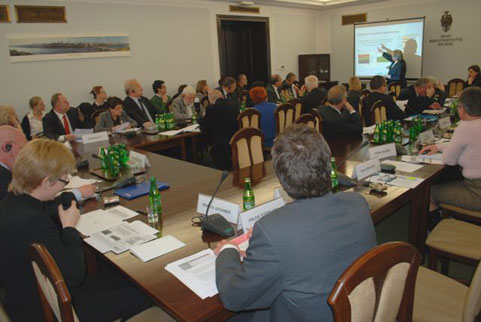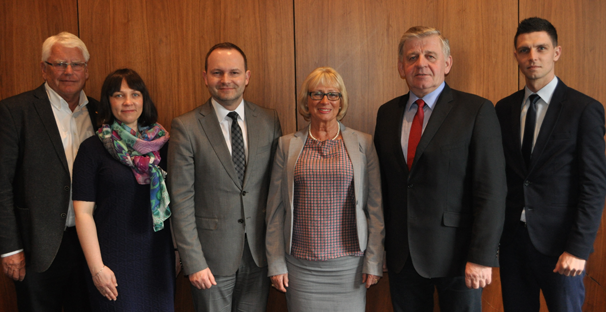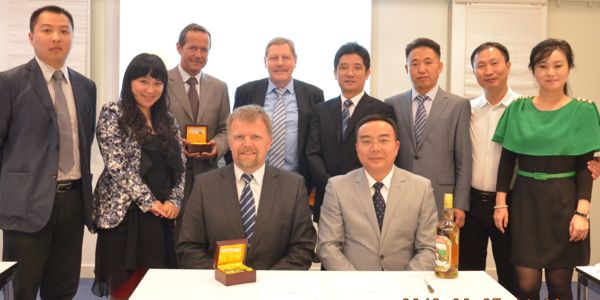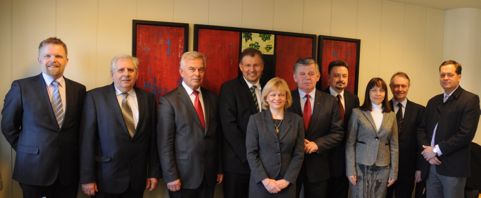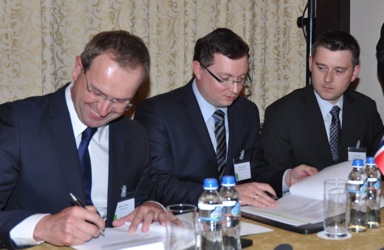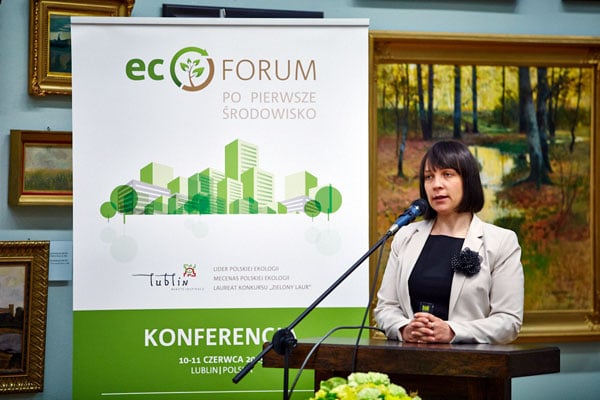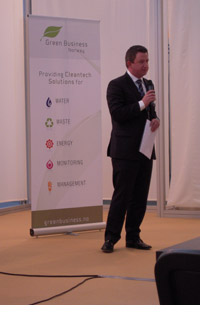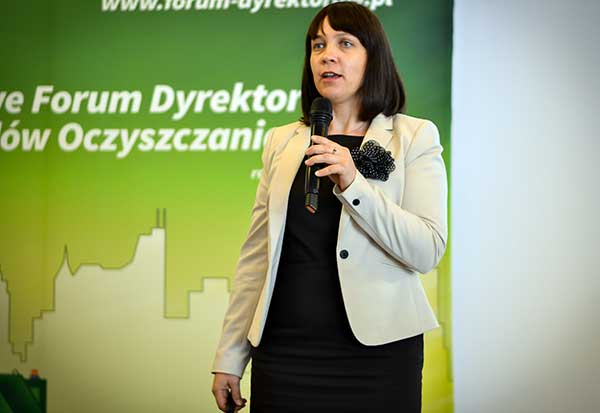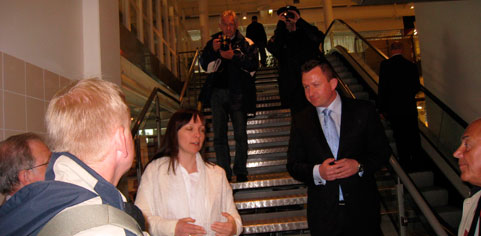
The Davyhulme sludge centre contract with principal contractor Black & Veatch(B&V) consists of a 20-reactor Cambi Thermal Hydrolysis plant consisting of 4 process trains. The Cambi process will more than double digester loading and biogas production. It will also produce a high standard bio-fertilizer, avoid building an additional sludge incineration plant, and reduce carbon footprint by 32,000 tons CO2e/year.
Influencial environmental and renewable impact
One of the UK’s largest wastewater treatment works (WwTW) is set to become a valuable source of renewable energy. The benefits of a major upgrade at Davyhulme WwTW in Manchester include the generation of up to 10 megawatts of electricity, 24 hours per day, from biogas and the potential to provide a sustainable source of soil improver. Design and construction of the upgraded treatment facility will be undertaken by Black & Veatch as Principal Contractor under United Utilities’ Sludge Balanced Asset Programme with Cambi as main subcontractor for the digestion upgrade. Improvements will more than double the existing sludge treatment capacity and process biosolids to such a high standard that they have the potential to be reused as a grassland fertiliser. The project will also produce biogas sufficient to generate electricity for running the new treatment process and for feeding into the National Grid.
Sludge treatment is a 24-hour process, so there is a continuous supply of biogas. It is a very valuable resource and it is completely renewable. By harnessing this energy we can reduce our fuel bills and reduce our carbon footprint – says Pete Robinson, programme manager United Utilities
According to Dr Bill Barber, United Utilities’ Biosolids and Sustainability Technical Specialist, the project will reduce carbon footprint by about 32,000 tonnes of CO2e per year compared to the original incinerator project envisaged.
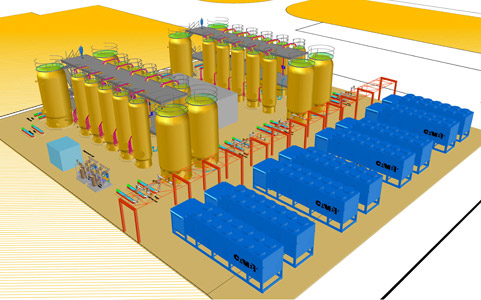
Technical notes
- The £75 million sludge treatment contract includes sludge reception, thickening and blending facilities; 4×5 reactor Cambi thermal hydrolysis process with coolers (Cambi’s scope); sludge digestion, cogeneration upgrade, and sludge dewatering facilities.
- The plant will process biosolids that can be applied to land as fertilizer or a feedstock to the Mersey Valley Sludge Processing Centre and the process will produce biogas that will be used in a combined heat and power plant to generate up to 10 megawatts of electricity.
- The renewable energy source provided by the new installation at Davyhulme will contribute towards the UK’s target of 15 percent of all energy supplied by the National Grid coming from renewable sources by 2020.
- The project will be delivered by Black & Veatch under Contract 2 of United Utilities Sludge Balanced Asset Programme and forms part of a regional strategy for the sustainable disposal of sludge and using existing assets whenever possible.
- The plant is expected to handle around 91,000 tonnes of dry solids per year.
- The thermal hydrolysis plant will increase capacity of existing digesters by nearly two and half times. This will allow United Utilities to import and treat sludge from other treatment plants in north-west England and avoid building a planned new incinerator near Preston.
- Davyhulme WwTW has been in operation since 1894 and serves a population equivalent of 1.2 million for sewage treatment in and around the city of Manchester.
- The digestion plant will serve a population equivalent of 3 million people.






















